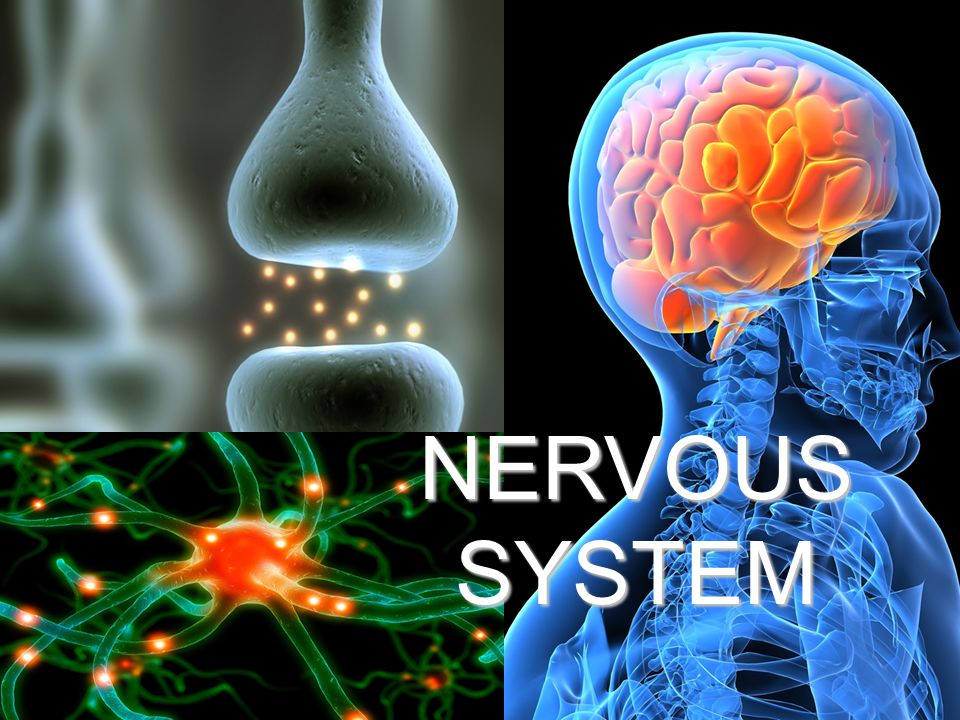Northwestern University Issues COVID-19 Warning That The Whole Nervous System Can Be Affected By The SARS-CoV-2 Coronavirus
Source: COVID-19 Warning Jun 12, 2020 5 years, 4 months, 3 days, 20 hours, 36 minutes ago
COVID-19 WARNING: A new study by Northwestern University indicates that the SARS-CoV-coronavirus literally threatens the whole nervous system.

The study indicates that the SARS-CoV-2 coronavirus disease also involves multiple other organs, not just the respiratory tract, including the central and peripheral nervous system.
Disturbingly, the number of recognized neurologic manifestations of SARS‐CoV‐2 infection is rapidly accumulating. These may result from a variety of mechanisms including virus‐induced hyper‐inflammatory and hypercoagulable states, direct virus infection of the CNS, and post‐infectious immune mediated processes.
Such growing examples of COVID‐19 CNS disease include encephalopathy, encephalitis, acute disseminated encephalomyelitis, meningitis, ischemic and hemorrhagic stroke, venous sinus thrombosis and endothelialitis.
Furthermore In the peripheral nervous system. COVID‐19 is associated with dysfunction of smell and taste, muscle injury, the Guillain‐Barre syndrome and its variants.
As a result to its worldwide spread and multifactorial pathogenic mechanisms, COVID‐19 poses a global threat to the entire nervous system.
The research findings were published in the Journal: Annals of Neurology.
https://onlinelibrary.wiley.com/doi/abs/10.1002/ana.25807
Common neurological symptoms in more than of half hospitalized COVID-19 patients include headache, dizziness, decreased alertness, difficulty concentrating, disorders of smell and taste, seizures, strokes, weakness and muscle pain.
Dr Igor Koralnik, Northwestern Medicine Chief of Neuro-infectious diseases and Global Neurology and a Professor of Neurology at Northwestern University Feinberg School of Medicine told Thailand Medical News, "It is very important for the general public and physicians to be aware of this, because a SARS-COV-2 infection may present with neurologic symptoms initially, before any fever, cough or respiratory problems occur.”
The research describes the different neurological conditions that may occur in COVID-19 patients and how to diagnose them, as well as likely pathogenic mechanisms.
Dr Koralnik added, "This understanding is key to direct appropriate clinical management and treatment."
The COVID-19 disease may affect the entire nervous system, including the brain, spinal cord and nerves as well as the muscles. There are many different ways COVID-19 can cause neurological dysfunction, he said.
As COVID-19 may affect multiple organs (lung, kidney, heart), the brain may also suffer from lack of oxygenation or from clotting disorders that may lead to ischemic or hemorrhagic strokes.
Furthermore, the SARS-CoV-2 coronavirus may cause direct infection of the brain and meninges.
Also, the reaction of the immune system to the infection may cause inflammation that can damage the brain and nerves.
Dr Koralnik and colleagues have formed a Neuro-COVID research team and started a retrospective analysis of a
ll COVID-19 patients hospitalized at Northwestern Medicine to determine the frequency and type of neurological complications, as well as response to treatment.
Although the understanding of SARS‐CoV‐2 neuropathogenesis is still incomplete and knowledge is evolving rapidly, the researchers lead by Dr Koralnikhope hope that this research findings will provide a useful framework and help neurologists in understanding the many neurologic facets of COVID‐19.
Keep on logging to Thailand Medical News to be aware of any
COVID-19 Warning.
